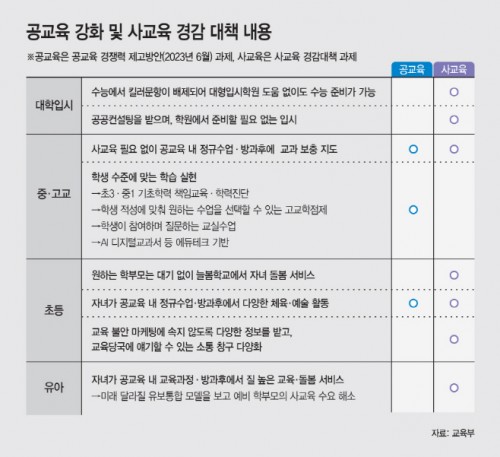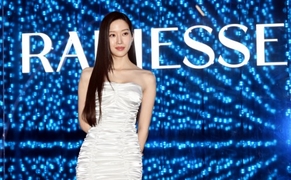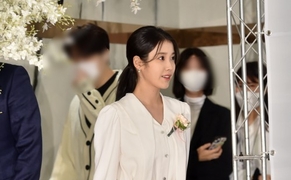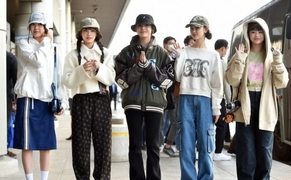 |
AsiaToday reporter Park Ji-sook
South Korea’s government will push for a fair College Scholastic Ability Test (CSAT) centered on public education and crack down on education “cartels” to reduce private education expenses that put burden on students and their parents.
On June 26, Deputy Prime Minister and Education Minister Lee Ju-ho announced a set of measures aimed at curbing the country’s skyrocketing spending on private education.
South Koreans spent a record 26 trillion won (US$19.97 billion) on private education last year. The education ministry aims to eliminate extremely difficult questions so-called “killer questions,” that are typically not taught in schools, from the annual state-administered university entrance exam, judging that private education industry for the exam is overheated. The ministry said it has singled out 22 killer questions from CSAT and mock CSAT tests administered over the past three years. It plans to clearly exclude such questions usually drawn from outside of the scope of the public education curriculum.
The government expressed strong determination to eradicate “education cartel” between public educators and the private education industry. A private education corruption report center has been set up and run a two-week intensive reporting period. In addition, a fair entrance examination system will be established so that questions with the appropriate difficulty can be created.
In order to reduce private education spending in middle and high schools, the EBS system will be reorganized while paid courses will be converted free of charge, and learning contents by level will be greatly expanded. It plans to expand tutoring and supplementary guidance for after-school subjects and help local governments and the private sector to activate learning support services.
Public education for infants will also be strengthened in preparation for elementary school entrance. It will operate a joint semester linked to elementary schools and expand financial support for the operation of after-school courses such as English and arts and sports, which are in high demand. The government plans to designate various themed kindergartens. In particular, it plans to conduct a new survey on private education expenditures for infants and induce the normalization of operation of some English academies for infants that have been controversial over high prices.
“In order to solve the complicated and difficult private education issue, students, parents, education offices, related ministries, and even local governments and the private sector should work together,” the education minister said. “We ask the public to trust the Yoon Suk-yeol administration and gather wisdom together.”
#private education #CSAT #killer questions #education ministry
Copyright by Asiatoday
Most Read
-
1
-
2
-
3
-
4
-
5
-
6
-
7





















